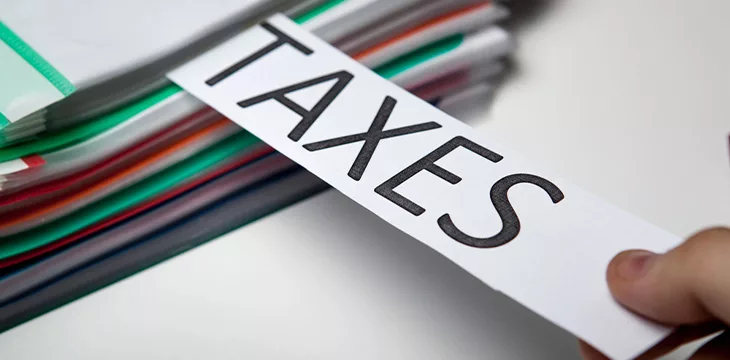|
Getting your Trinity Audio player ready...
|
Indonesia’s commodities watchdog is keen on changing the state of digital currency tax regulations ahead of soaring adoption levels in Southeast Asia.
The Commodity Futures Trading Supervisory Agency (Bappebti) has requested that the Indonesian Ministry of Finance evaluate the current tax regime for digital currencies to reflect the embrace of digitization, according to a local news report.
Bappebti officials are urging for a reduction of the tax burden of virtual currency service providers and traders in the country. Each virtual currency transaction currently attracts a value-added tax (VAT) of 0.11% in addition to the pre-existing 0.1% income tax.
Indonesia’s authorities imposed the VAT requirement in mid-2022 after the implosion of several leading exchanges in the country. However, in line with local legislation, tax regimes are expected to be evaluated yearly to determine their economic suitability, prompting Bappebti to seek an appraisal.
“The evaluation is necessary because this regulation has been in place for more than a year,” read the report. “Typically, taxes undergo evaluation annually.”
Tirta Karma Senjaya, Bappebti’s head of the Bureau of Market Development, noted that a reevaluation of the tax regime is necessary given the prominent role the asset class is expected to play in the local economy.
“Because later on, cryptocurrencies will become part of the financial sector,” said Senjaya at a financial event in Jakarta. “We expect a commitment from the Directorate General of Taxes to evaluate these taxes.”
Another reason for reassessing the tax regime is the proposed classification of digital currencies as securities rather than commodities by Indonesian authorities. Bappebti is expected to hand over the regulatory reins to the country’s Financial Services Authority (OJK), a move expected to be completed sometime in 2025.
The combination of VAT and income tax for digital assets has added a small fortune to the government. In January alone, the revenue from digital currency taxation soared past $2.3 million amid rising transaction metrics in the country.
Reducing tax burden but tightening the reins
While Bappebti is pushing to lighten the tax burden for digital currencies, other regulators are tightening their leash over the local digital asset ecosystem.
Still recovering from the unfortunate explosions of leading digital asset firms, Indonesian regulators have introduced new rules to protect investors. The new rules require two-thirds of the board of digital asset service providers to be Indonesian citizens that reside in the country.
Indonesian regulators have rolled out a national digital currency exchange while requiring all exchange operators to lean on third-party services to store client funds to ensure uniformity across the board.
Watch: In today’s Web3 world, blockchain helps ease way of verification

 03-05-2026
03-05-2026 




